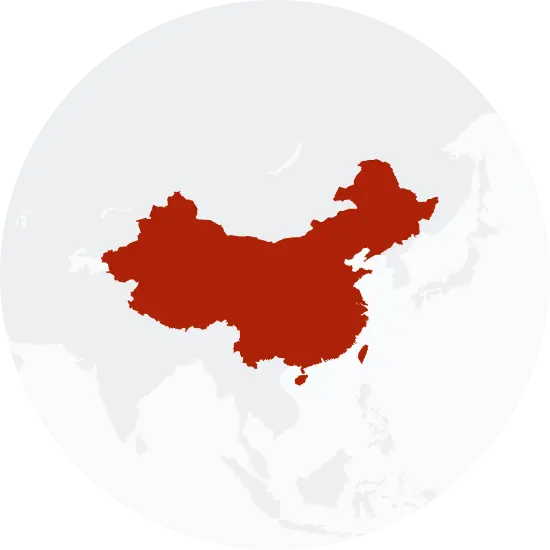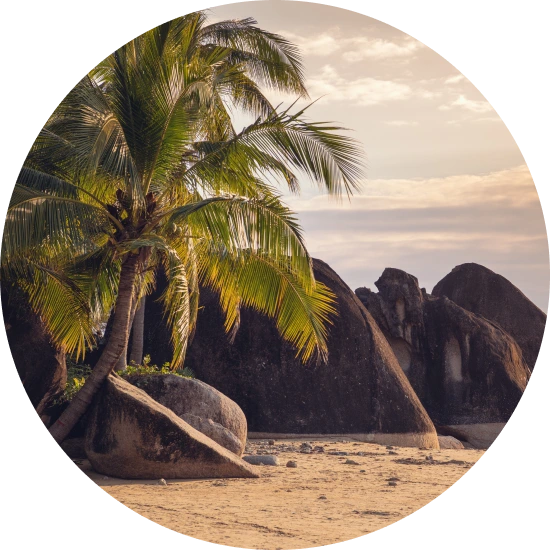Explore the Family Name Ying
How common is the last name Ying in the United States?
Based on the Decennial U.S. Census data, the surname Ying has increased in popularity between the years 2000 and 2010. In the year 2000, Ying was the 15,933rd most popular surname in the United States, but by 2010 it had risen to become the 15,043rd most common, marking a rise of 5.59%. The count of individuals bearing this surname also rose from 1,676 people in 2000 to 1,964 people in 2010, an increase of 17.18%. Furthermore, the proportion of people named Ying per 100,000 people also saw a rise from 0.62 to 0.67 during this same period, which is an 8.06% increase.
| 2000 | 2010 | Change | |
|---|---|---|---|
| Rank | #15,933 | #15,043 | 5.59% |
| Count | 1,676 | 1,964 | 17.18% |
| Proportion per 100k | 0.62 | 0.67 | 8.06% |
Race and Ethnicity of people with the last name Ying
On the ethnicity front, the data from the Decennial U.S. Census reveals that the majority of the Ying population identifies as Asian or Pacific Islander, with 90.27% in 2000 and 89.92% in 2010. During the same decade, there was a slight decrease of -0.39% within this ethnic group. The percentage of Yings identifying as two or more races witnessed a rise from 2.80% to 3.56%, an increase of 27.14%. The proportion of individuals identifying as White reduced slightly by 10.29%, whereas those identifying as Black reduced by 30.04%. There was no representation from the American Indian and Alaskan Native community in either 2000 or 2010. Interestingly, the Hispanic representation in the Ying population emerged in 2010, standing at 1.83%, where there was none in 2000.
| 2000 | 2010 | Change | |
|---|---|---|---|
| Asian/Pacific Islander | 90.27% | 89.92% | -0.39% |
| Two or More Races | 2.8% | 3.56% | 27.14% |
| White | 3.4% | 3.05% | -10.29% |
| Hispanic | 0% | 1.83% | 0% |
| Black | 2.33% | 1.63% | -30.04% |
| American Indian and Alaskan Native | 0% | 0% | 0% |
Ying ancestry composition
23andMe computes an ancestry breakdown for each customer. People may have ancestry from just one population or they may have ancestry from several populations. The most commonly-observed ancestry found in people with the surname Ying is Chinese, which comprises 83.2% of all ancestry found in people with the surname. The next two most common ancestries are British & Irish (6.1%) and Chinese Dai (2.2%). Additional ancestries include French & German, Indonesian, Thai, Khmer & Myanma, Vietnamese, Manchurian & Mongolian, and Korean.
Ready to learn more about your ancestry? Get the most comprehensive ancestry breakdown on the market by taking our DNA test. Shop 23andMe
| ANCESTRY BREAKDOWN | COMPOSITION |
|---|---|
| Chinese | 83.2% |
| British & Irish | 6.1% |
| Chinese Dai | 2.2% |
| Other | 8.5% |

Possible origins of the surname Ying
Your DNA provides clues about where your recent ancestors may have lived. Having many distant relatives in the same location suggests that you may all share common ancestry there. Locations with many distant relatives can also be places where people have migrated recently, such as large cities. If a large number of individuals who share your surname have distant relatives in a specific area, it could indicate a connection between your surname and that location, stemming from either recent ancestral ties or migration.
Based on 23andMe data, people with last name Ying have recent ancestry locations in China and Taiwan.
| RECENT ANCESTRY Location | Percentage |
|---|---|
| Shandong, China | 29.50% |
| Fujian, China | 29.50% |
| Guangdong, China | 29.50% |
| Hebei, China | 29.50% |
| Shanghai, China | 29.50% |
What Ying haplogroups can tell you
Haplogroups are genetic population groups that share a common ancestor on either your paternal or maternal line. These paternal and maternal haplogroups shed light on your genetic ancestry and help tell the story of your family.
The top paternal haplogroup of people with the surname Ying is O-F2415, which is predominantly found among people with East Asian & Indigenous American ancestry. Haplogroup O-F2415 is descended from haplogroup O-M1359. Other common haplogroups include E-M183 and O-F2859, which are predominantly found among people with European and East Asian & Indigenous American ancestry.
The most common maternal haplogroups of people with Ying surname are: M, N, D4. These most commonly trace back to individuals of European ancestry.
 Paternal Haplogroup Origins O-M1359
Paternal Haplogroup Origins O-M1359
Your paternal lineage may be linked to the Cham
One of the many populations harboring members of haplogroup O1b1a1a1a1 is the Cham ethnic group, a group of people who speak Austronesian languages in Mainland Southeast Asia. Austronesian languages make up a language family that is extremely large and widespread, comprising over 350 million people on islands such as Madagascar, Easter Island, and many others. However, Austronesian languages are less common on mainland Asia, with a notable exception being the Chamic language. Research suggests that ancestors of the Cham people migrated from Southeast Asian islands to the mainland around the year 500 BCE, and that early Cham populations quickly began mixing with indigenous southern Vietnamese populations. As a result, the Chamic language now has words that were borrowed from languages spoken by indigenous Vietnamese people. It is likely that an ancestral Kinh population was one of the populations that mixed with the Cham people shortly after their migration to mainland Asia.
Your maternal lineage may be linked to the Han
Members of haplogroup D are found in both northern and southern Han Chinese populations at low to moderate frequencies. The Han people, who all share the same language and similar cultural practices, are the largest ethnic group in the world, with about 1.2 billion people. Historical evidence shows that Han people are descendants of the ancient Huaxia tribes that come from northern China, and Han language and culture only expanded into southern China in the last 2,000 years. The spread of Han people and culture from northern to southern China was likely driven by warfare and famine in the north.

Are health conditions linked to the last name Ying?
The short answer is that, if there is an association between surname and health, it's usually more about your ancestry than your name. Individuals with a given surname are no more genetically similar than the general population but often have similar ancestries. The populations of people associated with those shared ancestries often have sets of genetic variations, also known as alleles, in common. Some of those alleles are associated with a greater likelihood of developing certain diseases.
Disease variant frequency by ancestry
Disease allele frequencies in populations associated with the surname Ying are shown below. Important Note: not everyone with a disease allele will develop these health condition
